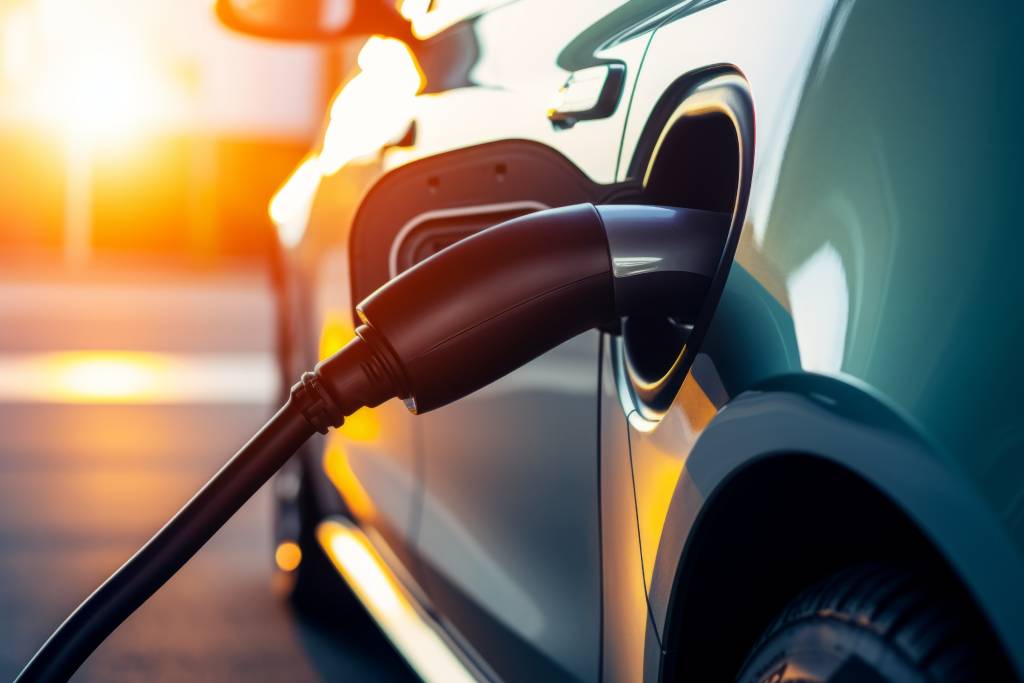Electric vehicles are becoming increasingly popular across Europe. One of their biggest attractions is that they contain a lithium battery and as a result have lower running costs. There are environmental benefits too. A typical electric vehicle produces fewer emissions and noise compared to its petrol or diesel equivalent.
However, buying any car is expensive and of course you always must consider safety. If you are considering buying an EV, here is some information to get you started.
What is an electric vehicle?
Electric vehicles are run partially or fully on electricity. They have an electric motor instead of an internal combustion engine. There are three main types:
- A battery electric vehicle is powered solely by an electric motor and rechargeable batteries. You charge it by plugging it in at home or using a public charging point.
- A plug-in hybrid has a petrol or diesel engine as well as an electric motor. The battery can be plugged in and charged like a fully electric vehicle.
- A hybrid electric vehicle has a petrol or diesel engine and an electric motor but the battery can only be charged by the engine.
What should you consider before you buy?
Range
You should first think carefully about your car usage. The average electric vehicle can travel 350km (called the range) before it needs to be recharged. This can be less in colder weather. It’s vital you have a good idea of the range you need for your usual driving needs and pick a vehicle to suit this. You’ll pay more if you opt for an extended range model, which you may not need.
Charging at home
If you are considering an electric vehicle, you’ll need to think about how you will charge it. If you don’t have an existing charger, shop around and get at least three quotes from registered electrical installers. You can also ask your car dealer if they include a home charger as part of the car package.
In Ireland there is a government-funded support scheme, the home charger grant scheme, which assists residents and homeowners to install an EV charge point on their property.
The cost of charging your vehicle at home will be less than at public charging points. You might be able to get a super off-peak night-time price if you have a smart meter. Check with your electricity provider.
Charging on the road
For longer journeys, or if you can’t charge at home, you can charge your electric vehicle across the country using public charging points. You’ll see them located in carparks, shopping centres, town streets and motorway service stations. There are various providers, each with their own fees. A number of manufacturers also provide a network of high-speed “superchargers.” Research the options in order to save on costs.
Buying your new electric vehicle
Buying a car is a large expense, make sure to buy from a reputable and recognised retailer. The Sustainability and Energy Authority of Ireland’s website has a list of electric car dealers. Don’t forget that some finance providers offer lower loan rates for electric cars, so make sure to shop around if you are planning in using a loan to finance your new vehicle. Finally, grants are also available, and driving costs such as tolls and car tax can be cheaper with an electric vehicle.
